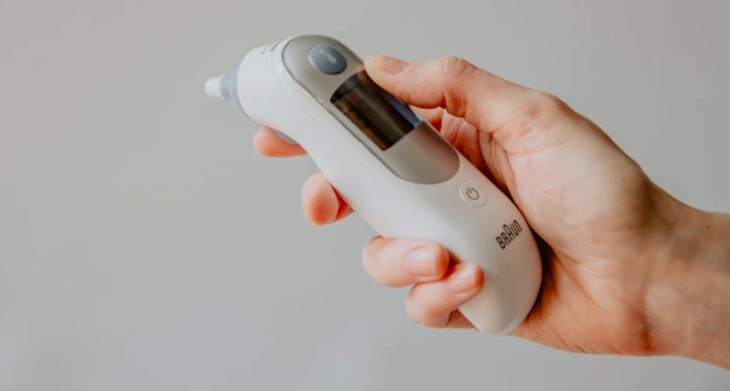The Western Cape is among three of South Africa’s provinces that have been deemed COVID-19 hotspots. Scientists and health officials have said this may be construed as the beginning of a second wave of infections. The other two hotspot provinces are the Eastern Cape and KwaZulu-Natal.
As of 1pm on October 27, the Western Cape has 3 239 active COVID-19. The province has recorded 163 new cases in the last 24 hours, according to the Western Cape Government’s dashboard.

Over the period October 23-27, the Western Cape recorded 704 new cases, KwaZulu-Natal recorded 372 new cases and in the Eastern Cape, 1 000 new cases were recorded according to IOL.
Premiere Alan Winde has said that it is up to us to help prevent a second wave from occurring.
“There has been a lot of speculation and some fake news circulating indicating that the President will address the nation this week and announce a second lockdown in light of increasing case numbers in the country.
“President Cyril Ramaphosa indicated today [October 27] that this was not true. Additionally, each of his prior addresses have been preceded by a meeting of the President’s Coordinating Council. This meeting is attended by the Premiers of all nine provinces, and I have not, at this stage, received any communication that a PCC meeting has been scheduled.
“I therefore urge residents not to circulate messages that do not come from an official source, and that have not been verified.
“A second lockdown would devastate our economy, which has already been heavily impacted by COVID-19, the hard lockdown and subsequent alert levels. A second lockdown will result in more jobs lost, more people going hungry and a deepening humanitarian crisis. However, I do want to make crystal clear that the best defence we have from a major spike in cases that would force additional restrictions to slow the spread, is our own behaviour.
“The power to prevent that lies in each and every one of our hands right now.”
Professor Salim Abdool Karim, South Africa’s leading epidemiologist and infectious diseases specialist, warned South Africans of the likelihood of a second wave in August.
In a question and answer session with Gavi, the Vaccine Alliance, Karim expressed his concern over the threat of a second wave.
“It seems that the second wave occurs a few months after the first wave. And when it occurs, it might be related to people becoming complacent in their adherence to prevention interventions. It might also be that people who were infected the first time have waning immunity and then a few months later, they are susceptible again, that might be contributing.”
He continued to say that he believes a second wave is caused by the easing of restrictions and gatherings.
“Looking at second waves in Spain, Israel and South Korea, amongst others, we see that each country had different reasons for a second wave but they are mostly related to easing restrictions or allowing mass gatherings. These potential ways that a second wave can start, will need to be kept in check. That’s part of the new normal.
“We have a situation where taverns and nightclubs are becoming a source of the virus spreading, and if that happens then we are in for it. It makes it inevitable that we will have a second wave.”
As of October 27, the cumulative number of detected COVID-19 cases in South Africa is 717 851 with 1 092 new cases identified in 24 hours. The country’s recoveries stand at 647 833 which translates to a recovery rate of 90% according to the Health Ministry.
Picture: Unsplash

